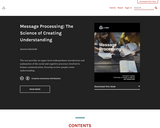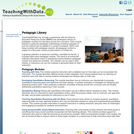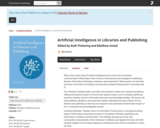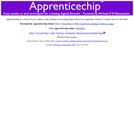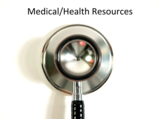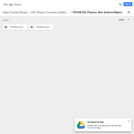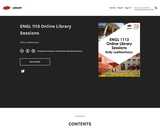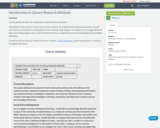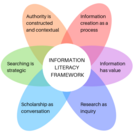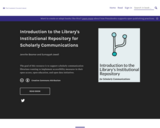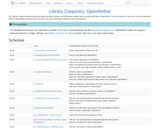
Library Carpentry lesson: an introduction to OpenRefine for Librarians This Library Carpentry lesson introduces people working in library- and information-related roles to working with data in OpenRefine. At the conclusion of the lesson you will understand what the OpenRefine software does and how to use the OpenRefine software to work with data files.
- Subject:
- Applied Science
- Information Science
- Mathematics
- Measurement and Data
- Material Type:
- Module
- Provider:
- The Carpentries
- Author:
- Alexander Mendes
- Anna Neatrour
- Antonin Delpeuch
- Betty Rozum
- Christina Koch
- Christopher Erdmann
- Daniel Bangert
- Elizabeth Lisa McAulay
- Evan Williamson
- Jamene Brooks-Kieffer
- James Baker
- Jamie Jamison
- Jeffrey Oliver
- Katherine Koziar
- Naupaka Zimmerman
- Paul R. Pival
- Rémi Emonet
- Tim Dennis
- Tom Honeyman
- Tracy Teal
- andreamcastillo
- dnesdill
- hauschke
- mhidas
- Date Added:
- 08/07/2020


